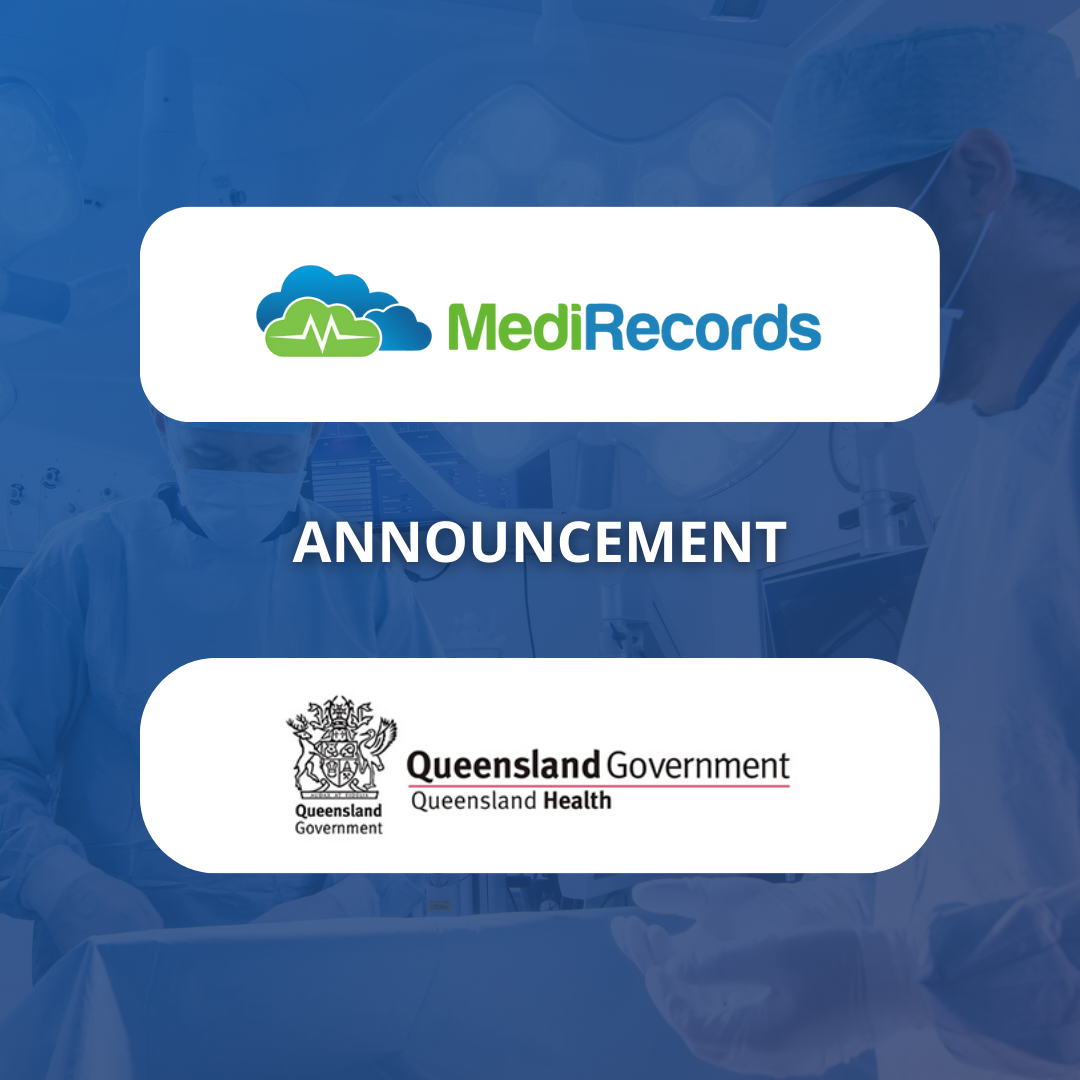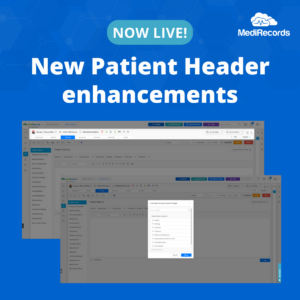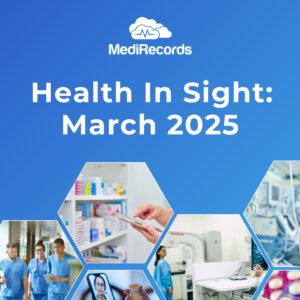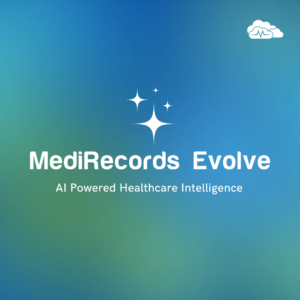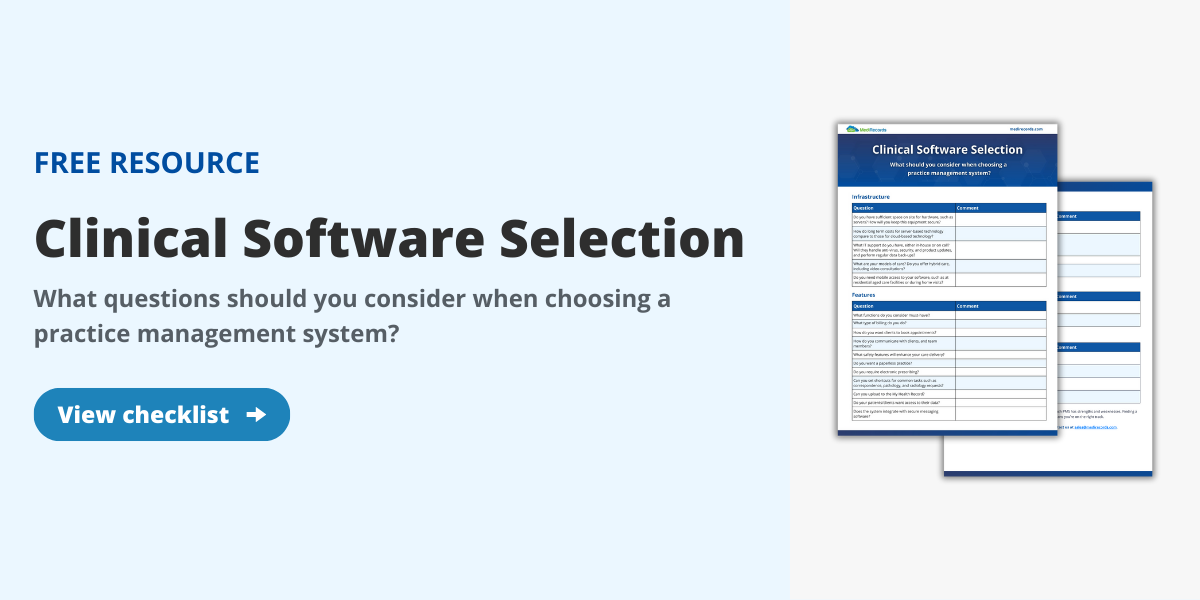February 22, 2024
MediRecords welcomes Queensland Health contract extension
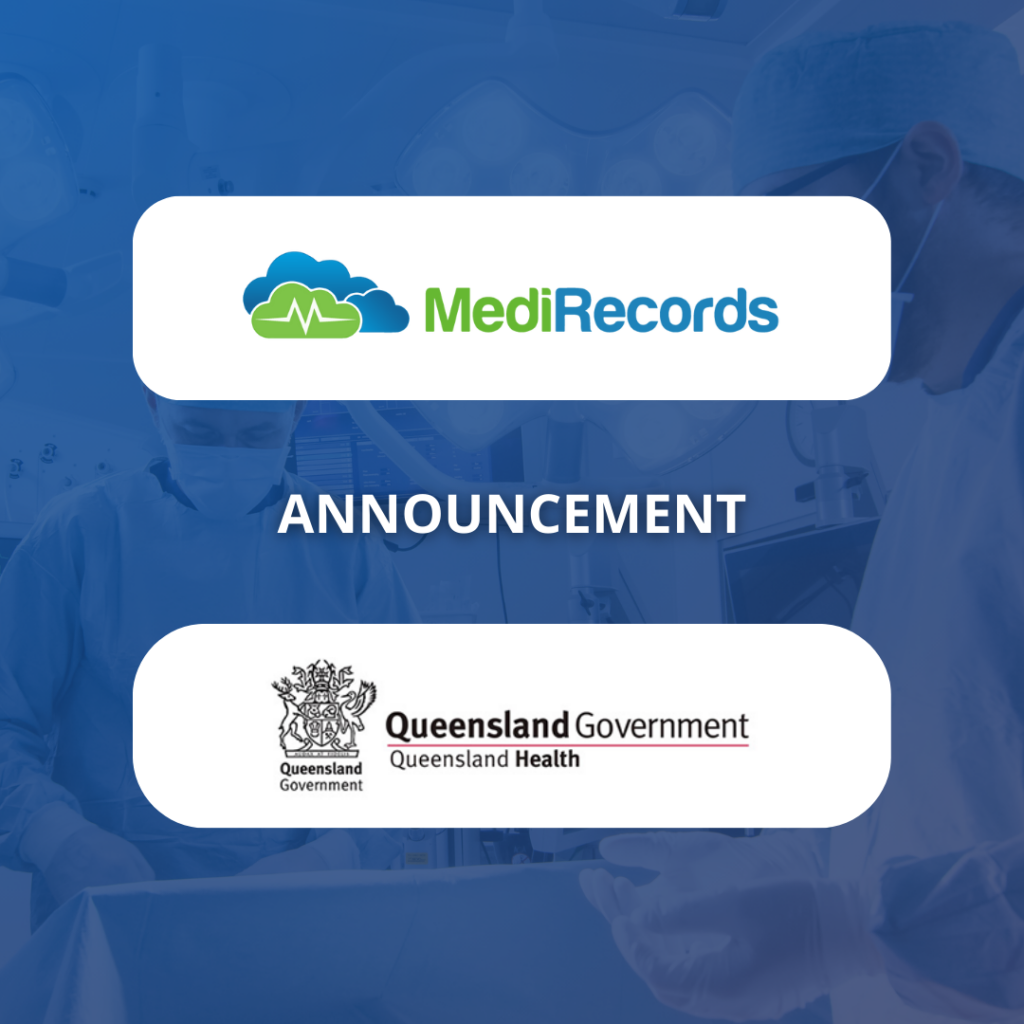
Pioneering cloud technology company MediRecords has renewed its statewide contract with Queensland Health for provision of a Practice Management Enterprise Solution (PMES).
The contract extension means Queensland Hospital and Health Services can deploy functions such as ePrescribing within MediRecords’ clinical platform, while continuing use of the Medicare billing and reporting workflows implemented in 2019.
Use of the clinical records platform is growing, with MediRecords now supporting Queensland Health (QH) teams in alcohol and other drug clinics and virtual care.
The renewed Standing Offer Arrangement (SOA) is for an initial term of three years with an option to extend two.
MediRecords Founder and Chief Executive Officer Matthew Galetto welcomed the SOA extension and the opportunity to innovate with QH teams.
“As an industry leader in cloud hosted FHIR technology, the sky is the limit for how we can support Queensland Health staff and patients.”
Mr Galetto said the MediRecords billing and claiming platform had delivered significant efficiency gains for Queensland Health since 2019, including an 85% reduction in rejected Medicare claims realised within two months of go live.
“With more than 6000 subscribers within Queensland Health, we have been able to demonstrate the value and efficiency of a scalable solution for a large enterprise client,” Mr Galetto said.
MediRecords was the first clinical and administrative, cloud-based software as a service (SaaS) application introduced within the QH IT environment.
Implemented to support private practice billing, receipting, distribution and reporting of practice revenue on behalf of medical officers, MediRecords also provides appointment management and clinical records at some HHSs.
New features to be added to the MediRecords platform in 2024 include transaction reports, deposits, an inpatient Admissions Module, and new patient portal.
Media inquiries
To arrange to speak with Mr Galetto, or for further information on MediRecords, please email Tim Pegler or call 0412 485 146.
For information on MediRecords FHIR technology, see https://connect.medirecords.com/
Want to learn more about how MediRecords can assist you?
Fill out the form below and one of our team members will be in touch.

